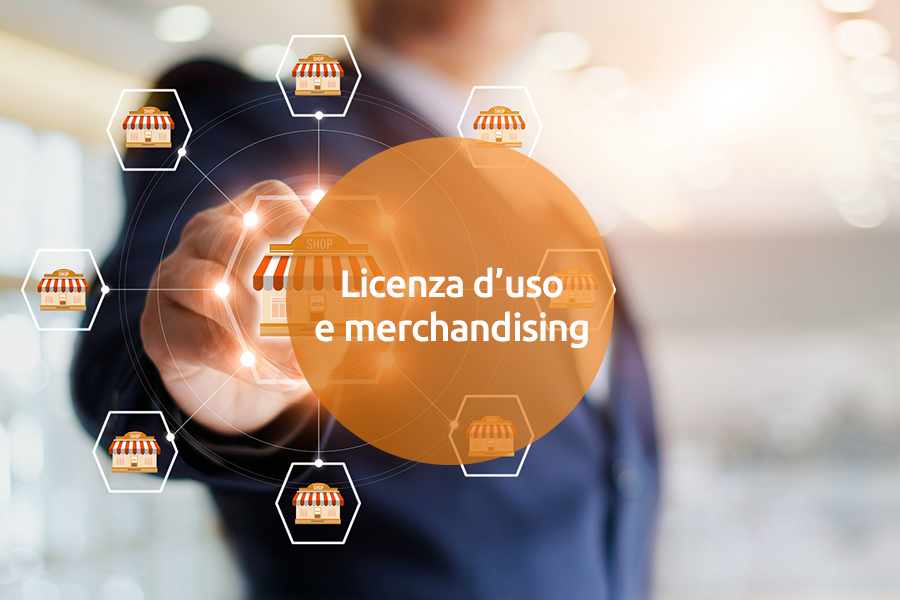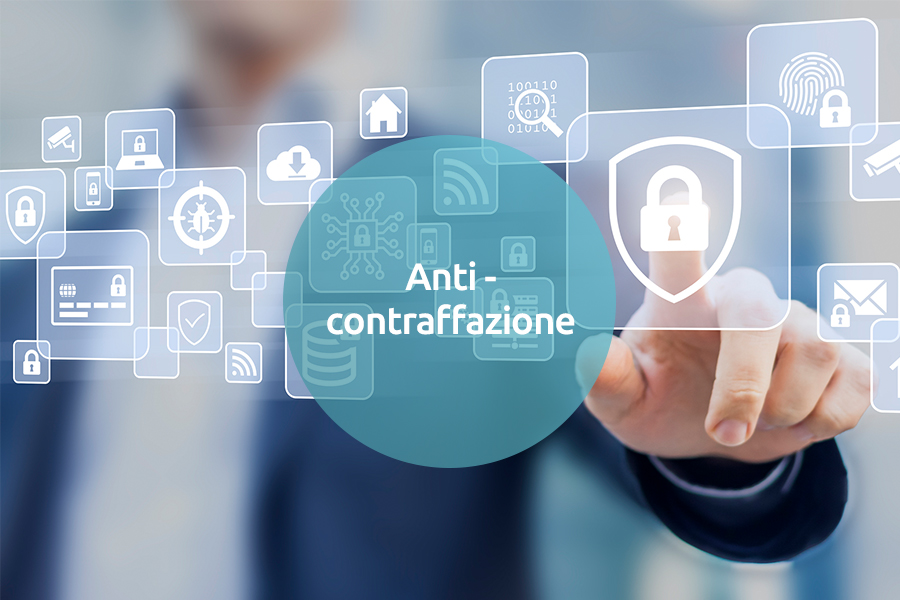On 3rd October 2012 the Association of Italian Patent Counsels and Loredana Guglielmetti, a top official of the Italian Patent Office (IPO), met in Milan to discuss several issues relating to the interpretation and enforcement of Article 170bis of the Industrial Property Code, which introduces procedural requirements on the filing of national patent applications in the biotechnology field.
Legal background
In 2010 the Industrial Property Code was modified to include several corrective and supplementary provisions, mainly aimed at improving the harmonisation of Italian national legislation with international and EU law.
Within this context, new Section IVbis, relating to the patentability of biotechnology inventions, was added to Chapter II of the code. In addition, new Articles 170bis and 170ter were also added under Chapter IV, Section I concerning procedural matters relating to the filing of patent applications and examination proceedings before the IPO.
The EU Directive on the Legal Protection of Biotechnological Inventions (98/44/EC) was implemented in Italy in 2006.
However, the provisions of the directive have not been incorporated into the code, which dates back to 2005.
The majority of the biotechnological inventions provisions added to the code in 2010 mirror corresponding provisions of the directive. However, certain provisions introduce new procedural requirements which are peculiar to Italian law.
These provisions are set forth in Paragraphs 2, 3 and 4 of Article 170bis of the code, and in sum provide that:
-
The origin of an animal or human biological material which forms the basis of the invention shall be declared upon filing the patent application, both with reference to the country of origin and with reference to the biological organism(s) from which the material was isolated (Paragraph 2).
-
A patent application that relates to an invention which consists of or uses biological material of human origin shall be accompanied by the informed consent of the person from which the material was taken (Paragraph 3).
-
A patent application that relates to an invention which consists of or uses biological material containing genetically modified microorganisms or organisms shall be accompanied by a declaration certifying that the legal obligations resulting from the national or community laws concerning genetic modifications were fulfilled (Paragraph 4).
The new procedural requirements of Article 170bis of the code relate only to applications filed in the IPO. European patents which are validated in Italy are not affected by these provisions.
Further, Article 22(5) of the Implementing Regulations of the code clarifies that, insofar as Paragraph 3 is concerned, it is not necessary to submit a copy of the informed consent since a declaration signed by the applicant certifying that informed consent was obtained is sufficient.
Comment
Article 170bis of the code was implemented to conform to the general principles of the Rio de Janeiro Convention on biological diversity, particularly those relating to fair and equitable sharing of the benefits arising from the use of genetic resources, as well as to improve transparency. However, an unintended consequence of these provisions has been the imposition of a substantial burden on applicants for patent applications in the field of biotechnology as compared to other technological fields.
Indeed, the complex and ambiguous wording of Article 170bis has created significant issues of interpretation:
-
Do the provisions of Paragraphs 2, 3 and 4 of Article 170bis apply to all patent applications in the field of biotechnology, or only to particular cases?
-
Is failure to submit a declaration according to Paragraph 2, 3 or 4 of Article 170bis a lawful ground for refusing the patent application?
-
Is the lack of a declaration according to Paragraph 2, 3 or 4 of Article 170bis a lawful ground for invalidity of the patent?
These issues were discussed at length at the 3rd October meeting. Although the meeting did not result in conclusive answers to all of the relevant issues, useful clarifications were obtained from the IPO. In particular, Dr Guglielmetti stated that the IPO will interpret the scope of Article 170bis narrowly so that a declaration according to Paragraphs 2, 3 or 4 should be requested only in connection with patent applications in which an animal or human biological material is the subject matter of the invention or is strictly necessary to obtain the invention. Illustrative examples of such cases include those relating to human monoclonal antibodies, human DNA sequences employed in diagnostic kits or plant cell lines used to obtain transgenic plants.
In contrast, a declaration should not be requested if the animal or human biological material is not a significant element of the invention, such as inventions in which a human or animal cell line is simply used to test the efficacy of a medicament which is the actual subject matter of the invention.
The IPO has not yet taken a clear position with respect to the second question, and as yet no cases have been brought before the court to provide an answer to the third question.
Thus, patent practitioners should continue to monitor developments relating to the peculiar procedural requirements of Article 170bis of the code. It is hoped that these new provisions will not be interpreted in such a way that the filing of biotechnology patent applications in Italy is discouraged.




